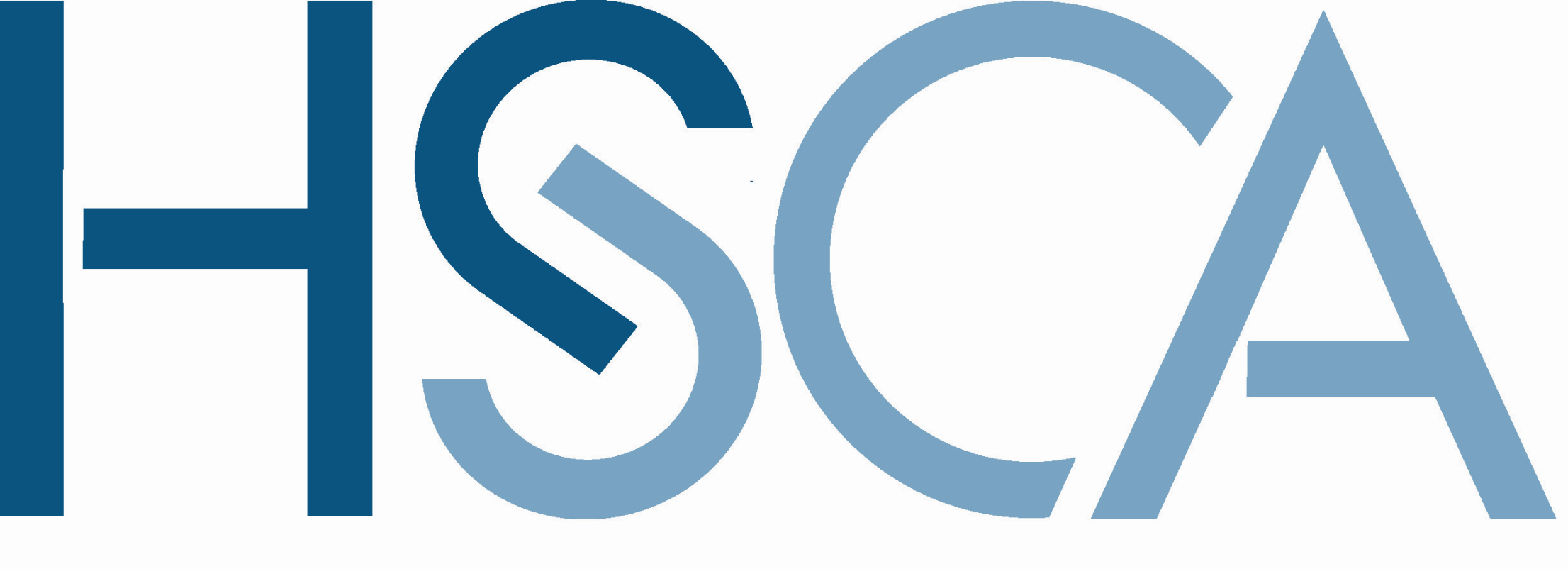Our Issues
HSCA and its member group purchasing organizations are the sourcing and purchasing partners to virtually all 7,000+ American hospitals, and the vast majority of the 68,000+ long-term care facilities, surgery centers, clinics, and other healthcare providers. This partnership gives HSCA member GPOs a unique line of sight over the entire healthcare supply chain. Here are just some of the issues we care about and ways in which we are advocating for policies that help healthcare providers treat the patients they serve:
Generic Drug Pricing
Patients have long relied on generic drugs to reduce costs and increase access to essential medications. However, significant price spikes for some generic drugs have begun to jeopardize patient access to affordable healthcare. Robust competition in the generic drug marketplace is critical to mitigating price spikes. HSCA and its healthcare group purchasing organization (GPO) members support common-sense policy solutions to help foster competition and speed up entry for new manufacturers. Click here to learn more.
Drug Shortages
Critical prescription drug shortages continue to plague American hospitals and jeopardize patient access to many essential medicines. The U.S. Food and Drug Administration (FDA), Government Accountability Office (GAO) and others have identified numerous root causes of shortages, including manufacturing problems, quality issues, and barriers to getting new suppliers online when supply is disrupted. Healthcare GPOs work collaboratively with hospitals, manufacturers, distributors, and government agencies to ensure that hospitals and patients have access to the life-saving drugs they need. GPOs are industry leaders in addressing drug shortages and employ a variety of proactive steps to reduce their impact. Click here to learn more.
Injectable Opioid Shortages
Controlling narcotics use – particularly outpatient prescription opioid abuse – remains a public health priority. However, hospitals and other healthcare providers are currently experiencing critical shortages of a number of injectable narcotics that are an essential element of treatment for post-surgical and medical pain management. Without the necessary injectable narcotics available, many medical procedures would have to be postponed or cancelled, jeopardizing the wellbeing of patients across the country. Read more about HSCA’s recommendations to help ease opioid shortages.
Medical Device and Service Cybersecurity
Advances in information technology and medical devices, and increasing interoperability of information systems, devices and services are improving patient care and creating efficiencies in the healthcare system. However, medical devices and services are vulnerable to cybersecurity threats that could jeopardize patient health, safety and privacy. Maintaining device and information security is a shared responsibility of the manufacturers and suppliers of connected devices and services as well as the providers that use them. Read HSCA’s key cybersecurity considerations for medical device manufacturers, healthcare providers, and service providers.
Biosimilars
Biosimilar drugs have the potential to increase patient access to life-saving medications and to reduce costs for the entire healthcare system, with one recent study projecting savings of $250 billion over ten years. HSCA and its members are working with FDA to help ensure a pathway to market for biosimilars that prioritizes patient safety and encourages development and uptake of these less-costly therapies. Click here to learn more.
Supply Chain Supplier Diversity
To reduce costs, increase competition in the marketplace, and help ensure that healthcare providers have access to the best products and services, GPOs focus on identifying diverse suppliers with innovative products and then help bring those products to market. Click here to learn more.
